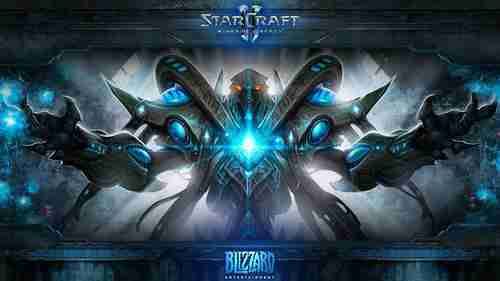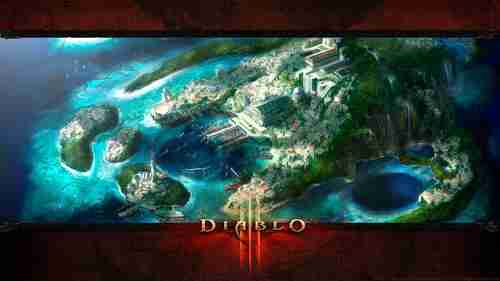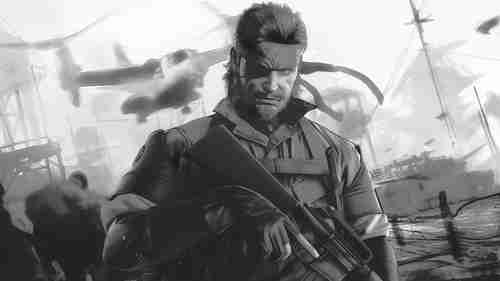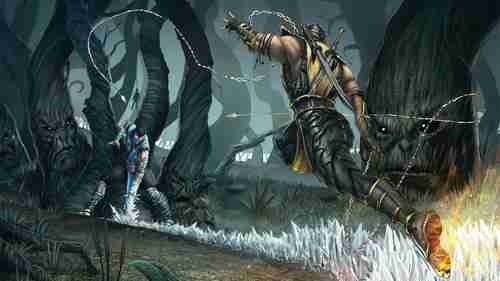
阅读量:184 | 作者:超级管理员 | 发布时间:2025-03-24 17:50:28
Title: Yakuza: Like a Dragon 7 Spin-off Update - The Mixed Reaction to English Voice Acting Among International Fans
Sega’s Yakuza series, known for its deeply immersive storytelling, dynamic gameplay, and a cast of unforgettable characters, has garnered a global fanbase over the years. However, with the release of Yakuza: Like a Dragon 7, also known as Yakuza: Like a Dragon, a significant shift occurred in both gameplay and narrative direction. This title saw the introduction of a new protagonist, Ichiban Kasuga, and turned the series’ traditional beat-‘em-up mechanics into a more RPG-like experience. Since then, the game has enjoyed commercial success and critical acclaim, especially in Japan.
The spin-off entry, Yakuza: Like a Dragon 7: The Kiwami Update (the international version), brought even more changes for fans to absorb. One notable update was the introduction of new English voice acting, which was supposed to enhance the game’s accessibility and immersion for international players. However, the reception of this update has been mixed, particularly among the overseas fanbase.
The Expectations Before the Update
Before the update rolled out, the Yakuza series was no stranger to voice acting changes. In the earlier titles, Sega used Japanese voice acting with English subtitles, a choice that many fans came to appreciate for its authenticity. However, with Yakuza 7 and subsequent releases, the global audience was given an option to experience the game with English voice acting, either in its original release or through later updates.
This decision to bring English voice acting to the forefront was met with anticipation. Fans, especially in North America and Europe, expected an upgraded, polished experience—something that would truly match the high quality of the Japanese voice acting. The hope was that English-speaking players would finally experience the world of Yakuza in a way that felt more localized and comfortable.
The Reaction from the International Audience
However, not all fans were on board with the English voice acting update. Many voiced dissatisfaction with the performances, with some feeling that the voice direction and the tone of the characters didn t match the intensity or personality of their Japanese counterparts. Fans who had grown attached to the original voice acting found the English voices jarring, as they felt disconnected from the emotional depth and nuance that the Japanese cast brought to the roles.
Ichiban Kasuga, the game s protagonist, played a major role in this divide. The character’s new English voice actor was a subject of intense debate. Some fans felt that Ichiban’s distinct personality, a combination of naivety, humor, and underlying darkness, didn’t come through as effectively in the English version. The delivery of certain lines was criticized for being overly exaggerated or lacking the emotional weight present in the original voice acting. The vibrant, larger-than-life persona that Ichiban embodied in Japanese was lost in translation for many international players, leaving them feeling less connected to the protagonist.
The Challenge of Localizing a Complex Narrative
One of the significant challenges in translating and localizing Yakuza for an international audience lies in the intricate relationship between dialogue, culture, and character expression. The Yakuza series is steeped in Japanese culture, with many of the jokes, references, and emotional cues being heavily tied to the language and the country’s societal context. When attempting to adapt the game to English, some of these subtleties inevitably get lost, and this shift becomes more noticeable when combined with the localized voice performances.
For example, Ichiban s voice actor in the English version was tasked with maintaining a balance between comedic lightheartedness and moments of intense emotional vulnerability, but for some players, it didn’t quite land as well as the original. This disappointment stemmed from how the English voice cast struggled to replicate the subtleties of Japanese expression, something that many Yakuza fans cherish.
Fans’ Preference for the Original Japanese Voice Acting
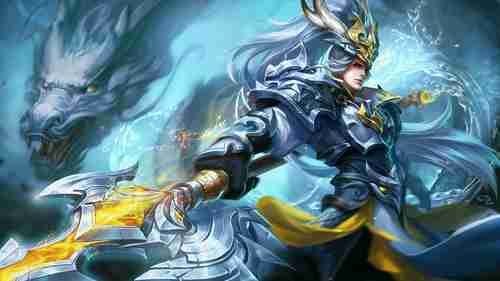
For the most part, fans of the Yakuza series have a strong preference for the original Japanese voice acting. This is especially true for long-time followers who appreciate the series commitment to preserving its cultural roots. The Japanese voice actors bring an authenticity and emotional depth that is difficult to replicate in another language.
Even though the English voice acting update was intended to broaden the appeal of the game to a larger international audience, it inadvertently alienated many fans who had grown used to the immersive experience provided by the original voice acting with subtitles. In the eyes of many long-term fans, the decision to focus on English voice acting detracted from the essence of the series.
The Future of Localization in the Yakuza Series
The debate over voice acting in Yakuza is likely to persist as the series continues to evolve. While Sega has made strides in making the games more accessible to international audiences, the balance between localization and preserving the integrity of the original experience remains a delicate one. There are certainly players who prefer localized content with English voice acting, but there’s also a strong demand from fans who value the cultural nuances of the Japanese performances.
Going forward, Sega may need to listen to the feedback from its community more carefully to strike a balance. Some players have suggested that offering the option of switching between English and Japanese voice acting could provide the best of both worlds—offering accessibility for newcomers while still respecting the preferences of longtime fans.
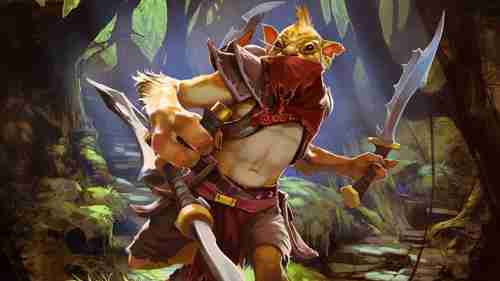
In conclusion, while the English voice acting update for Yakuza: Like a Dragon 7 spin-off had good intentions of making the game more inclusive, the mixed reception demonstrates that localization in games is a delicate art. With cultural nuances at stake and passionate fans on both sides of the debate, Sega will need to continue refining its approach to ensure that the Yakuza series remains as beloved internationally as it is in Japan.
